
Can TRT Benefit Women?
Testosterone Replacement Therapy (TRT) is a treatment that is typically marketed to men. However, women also produce testosterone, although in smaller amounts than men. When these levels dip below normal for women, it can negatively impact their health. TRT can be indicated for the treatment of low testosterone in women to improve their daily lives and overall health outcomes. Many women have reported positive changes in their lives by increasing levels of testosterone.
Causes of Low T in Women
Testosterone is a hormone that does a lot for men and women’s bodies. The pituitary gland controls how much testosterone is produced in the body. It can signal to the body that it has enough or too much testosterone, causing it to over or under produce the hormone – creating a hormonal imbalance. There are two main reasons why a woman may have low testosterone:
- The normal aging process. Much like men, women’s testosterone levels diminish naturally with age, particularly after menopause. In some cases, low testosterone is a natural consequence of diminishing hormone levels.
- Issues with the pituitary glands or ovaries. These two organs play an integral role in the synthesis of testosterone. The pituitary gland is located in the brain, and it signals to the ovaries how much testosterone to produce. An issue with either the pituitary gland or the ovaries can affect testosterone levels.
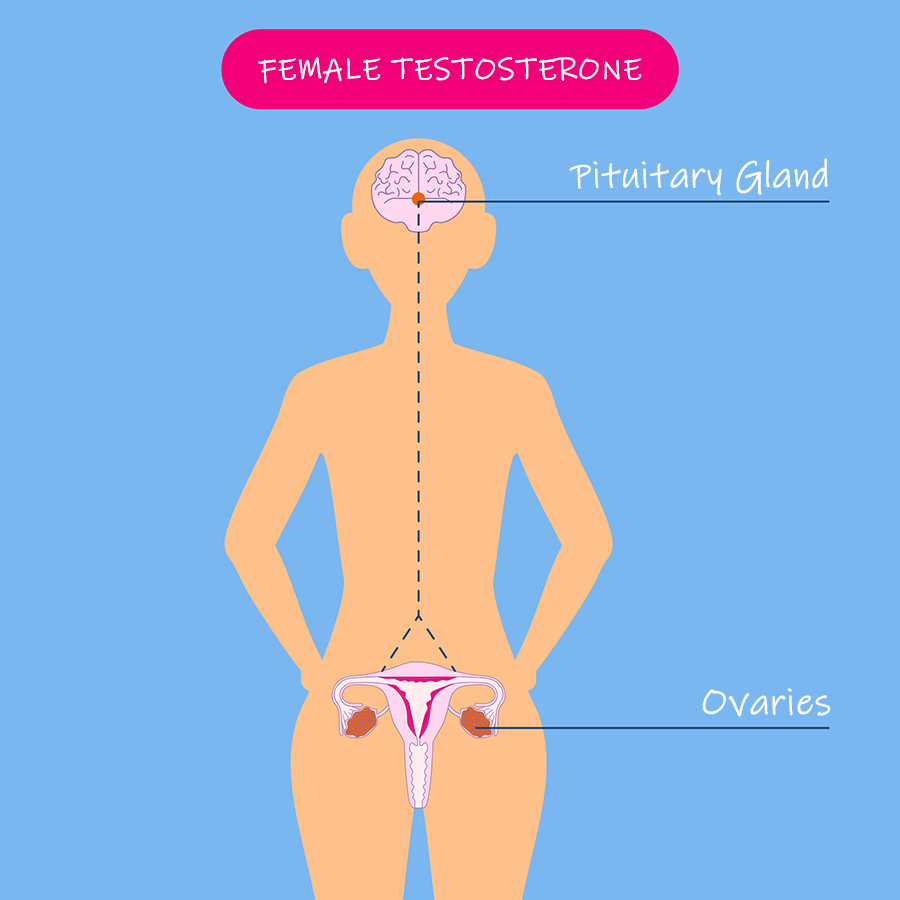
Typical body functions can lead to the natural reduction of hormones like estrogen and testosterone over time. When a woman approaches menopause, some reductions in low T are normal. At the same time, some women may experience more marked reductions in testosterone when taking oral estrogen medications. Ovarian dysfunction or failure (for example, from chemotherapy or radiation) can cause low T, as can thyroid disease and certain types of cancer.
What Does Testosterone Do For a Woman?
Though women naturally produce less testosterone than men, in small amounts, the hormone is essential in the support of several body functions. Normal, sustained female testosterone levels in women can help:
- Support the maintenance and healthy growth of bone tissue
- Increase and maintain muscle mass
- Decrease the amount of fat storage (particularly in post-menopausal women)
- Promote a healthy sex drive or libido
- Decrease the risk of vaginal atrophy
There is some research to suggest that normal testosterone levels in women can even help support cardiovascular health. As such, this is more than just a “sex hormone” – it plays an integral role in good health and longevity. Too little testosterone can directly contribute to a variety of health conditions, including:
- Osteoporosis
- Obesity
- Pelvic floor insufficiency
- Depression
Symptoms of Low T in Women
Women with low testosterone may present with one or several symptoms. In general, low T can cause:
- Muscle weakness
- Sluggishness or fatigue
- Sleep disturbances
- Weight gain
- Issues with fertility
- Irregular menstruation
- Loss of bone density
- Vaginal dryness
- Loss of libido
- Decreased sexual satisfaction

Because these symptoms present as so many other issues, low T in women often goes undiagnosed. Women with low testosterone may experience emotional symptoms like:
- Lack of motivation
- Feelings of depression
- Difficulty concentrating
- Problems with memory and cognition
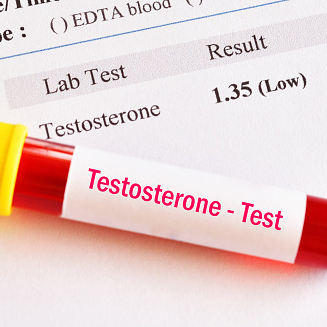
If these symptoms are familiar to you, talk with your doctor. A blood test can determine whether a woman has Low T. What a doctor determines as low could depend on the woman’s age, health, and other issues. Testosterone plays a vital role in maintaining several body functions, appearance, and even memory and cognition. Maintaining normal, age-appropriate levels is essential for maintaining good health and a positive quality of life. Even women who experience low testosterone levels due to age may find comfort and relief from testosterone replacement therapy.
Female testosterone replacement therapy can prove to be a beneficial treatment for women who suffer from low T levels.
What Is TRT?
TRT is one of the main methods of boosting testosterone levels in women. If you have low T in addition to other symptoms that affect your quality of life, your health care provider may recommend TRT, particularly if you have osteoporosis, depression, or other conditions that put your health at risk. Though medications can have both risks and benefits, in many cases, the benefits of TRT outweigh any risk.
TRT is an effective treatment method for bolstering testosterone levels in both men and women who have low T. Learn More about TRT for men here.
The treatment is available through discreet, topical gels and other formulations based on your unique needs and preferences. There is promising evidence that TRT can have several benefits for women.
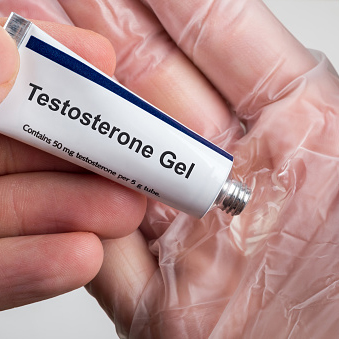
A Healthier Heart
We know that low testosterone levels can increase the risk of cardiovascular issues, but can TRT help with your risk of heart disease or stroke? Evidence suggests that it might. Testosterone helps boost healthy red blood cell production, and a recent study of 83,000 men found men with low levels of testosterone who returned to normal levels decreased their risk of heart attack by 24%, and risk of stroke 36%. It’s not known if these results are generalizable to women.
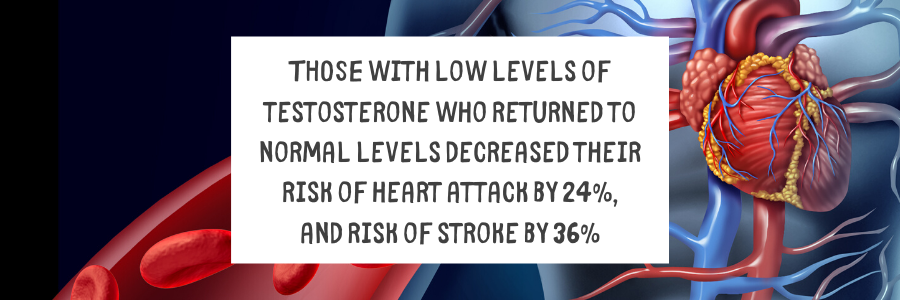
Decreased Risk of Obesity
Women naturally have less muscle mass than men, and testosterone is linked to increased muscle mass. A leaner body naturally helps control weight and increases energy. TRT can help decrease fat levels while promoting muscle mass and strength.
Strong Bones
Testosterone levels are directly linked to bone density, and low T directly correlates with risk of osteoporosis in both men and women. Clinical trials show TRT can help boost bone mineral density in both the hip and spine. Additionally, studies of females transitioning into males found that TRT treatments naturally improved bone density in participants.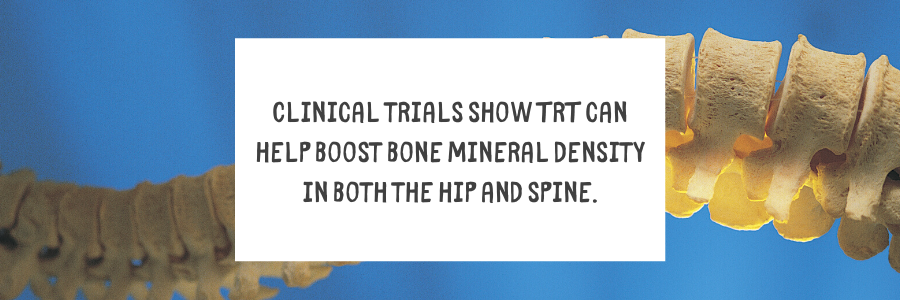
Possible Improvements in Cognition
There is promising research in men that shows men with higher total testosterone have a reduced risk of Alzheimer’s disease. Testosterone has also been to important thinking abilities such as improved verbal memory, processing speed, and spatial memory. Again, while this research has been predominantly on men, it is likely that it would similarly affect women.
Healthier Libido
The most promising evidence regarding TRT and women relates to libido. In both men and women, appropriate testosterone levels contribute to healthy sexual arousal and activity. Numerous studies show that testosterone replacement therapy can improve sexual performance and activity in both men and women. Boosting low T can have an almost immediate effect on your sexual health.

Better Mood
People with low T report troubling symptoms such as fatigue, irritability, and depression. TRT may be able to improve mood, well-being, and promote healthy energy levels. The natural consequence of feeling more energy can also boost moods.
Are There Risks To Testosterone Replacement Therapy?
Like any medication, testosterone replacement therapy can have both risks and benefits. You should discuss all the possible side effects of TRT based on your unique health history. For some people, such as those with blood clotting disorders, TRT may not be appropriate.
Some of the most common side effects of TRT include:
- Increase in acne, particularly cystic acne
- Increased urine output
- Fluid retention
- Enlargement of the breasts (gynecomastia)
- An increase in aggression
- Mood swings
It is important to note that the use of testosterone replacement therapy is not a traditionally prescribed option for women. Dr. Alan Malabanan, a professor of Medicine at Harvard Medical School, says that there is preliminary data that shows TRT in women can be helpful, particularly in boosting libido. However, there is not enough available evidence surrounding the long term use of testosterone in women for the FDA to approve it for widespread purpose. Currently, the Endocrine Society recommends only using TRT in women who have gone through menopause because of an oophorectomy (surgical removal of the ovaries). This highlights the importance of discussing all medical decisions thoroughly with your doctor.
How Can Women Get TRT?
Currently, there are several different ways that a man or woman can receive testosterone replacement therapy. One is not necessarily better than the other; the formulation you use will depend on your physician’s recommendation and personal preferences. Some of the available options available for TRT include:
- Topical gels or creams. Gels and creams can be applied to the chest each day, and topical administration generally has a good absorption rate. Some irritation to the skin may occur.
- Transdermal patches. Applying patches discreetly to the upper arm can allow for a steady influx of low-dose testosterone. Transdermal applications may not be suitable for women with sensitive skin.
- Oral formulations. Pills and oral medications should be used with caution, as it may lead to toxicity of the liver. Oral medications may be suitable for short-term help, but they should not be used in the long-term.
- Injections. People often choose TRT injections because the are discreet, convenient, and affordable. Injections are required every 2 to 10 weeks, depending on the formulation and amount of boosting required. Injections additionally take the hassle out of remembering to replace patches or take a pill.
Once you start testosterone replacement therapy, you will likely notice the effects within just a few days. Within a few weeks, many women report feeling increases in sexual drive, libido, performance, and mood. Additionally, people undergoing TRT have reported feeling more energetic within the first few days.
Myths of Using TRT in Women

Since TRT for women is not a traditional medication, a lot of myths persist about its use. Some of the most common myths surrounding the use of testosterone replacement therapy include:
MYTH: “TRT in women can cause breast cancer.”
TRUTH: Some have posited a link between TRT and the development of breast cancer, though these have not been proven or supported.
MYTH: “Women cannot benefit from TRT, as it is only FDA-approved for men.”
TRUTH: The FDA approval process is arduous and requires the submission of a 100,000 page application that can take up to two and a half years to review and approve – for a single use. TRT for women has documented benefits in several peer-reviewed articles and studies, particularly for the treatment of low sex drive. It will likely take some time for the FDA to catch up to these studies.
MYTH: “TRT for men and women is the same.”
TRUTH: Since men and women have fundamentally different biology and optimum levels for testosterone, it is essential to find the right formulation and dosage based on unique factors and medical history. Because men and women require different levels of testosterone, as well as because individuals will have their own unique needs, levels must be regulated by a physician.
How Much Testosterone Should A Woman Have?
Even if you have a testosterone deficiency, there is such a thing as too much testosterone. To mitigate the risk of unpleasant side effects, a physician will explain how to start the dosage and how long to wait before increasing that dose. Remember that it is better to start low and adjust higher, rather than the other way around.
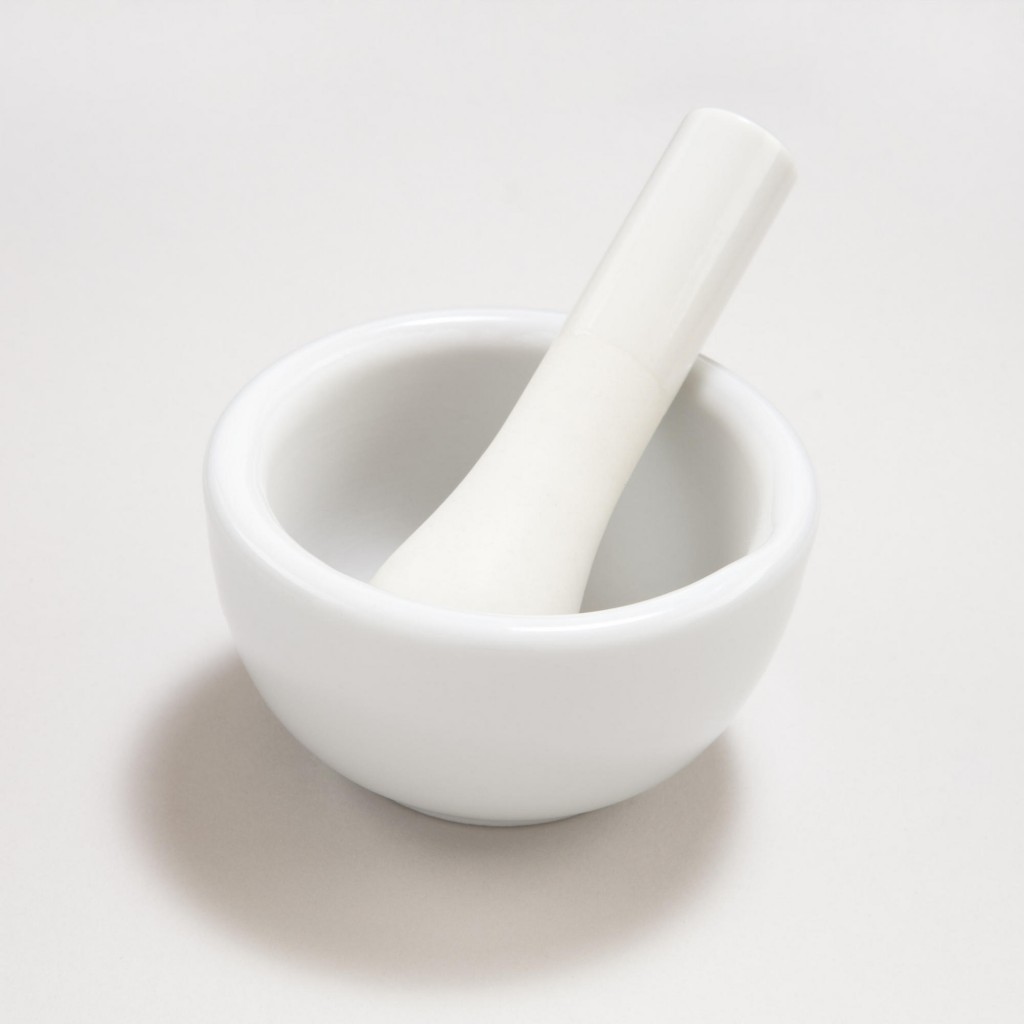
A compounding pharmacist can be helpful because they can make custom doses based on your unique needs. Since every person has a different “healthy” level of testosterone, so compounding medications can help you find the perfect dose for your body’s natural chemistry. Compounding medication, at its most basic form, works to tailor administration to the needs of the individual.
Every woman’s body is different and has a different optimum level of testosterone. A physician can work with you and a compounding pharmacy to find the ingredients and dosage that best fits your unique medical needs, effectively mitigating risk of side effects while improving your low testosterone levels.
TRT For Women Can Help Improve Well-Being
If you’re a woman suffering from female testosterone deficiency, you may be suffering from severe symptoms and not understand why. You may also have difficulty maintaining interest in sex or be fighting mood swings. Normal testosterone levels in females are essential for promoting health, from bone mineral density to overall happiness and well-being.
Testosterone replacement therapy is a safe and effective treatment for low T in women, but treatment requires a careful approach. A physician may recommend TRT based on your family history and levels of low T in your blood. Be sure to discuss all possible risks and benefits of TRT with your physician.
As with any medication, appropriate dosing of testosterone is essential. Too much can lead to unpleasant side effects, and the right dose varies widely depending on a person’s unique biology. For this reason, custom formulations from a compounding pharmacy can be particularly beneficial. Working with a compounding pharmacist to find the perfect dose can help mitigate any risk of side effects. If you suffer from symptoms of low testosterone, talk to your physician or health care provider. A simple test can reveal whether you have low T. If you do have low levels of testosterone, effective treatment options are available.
